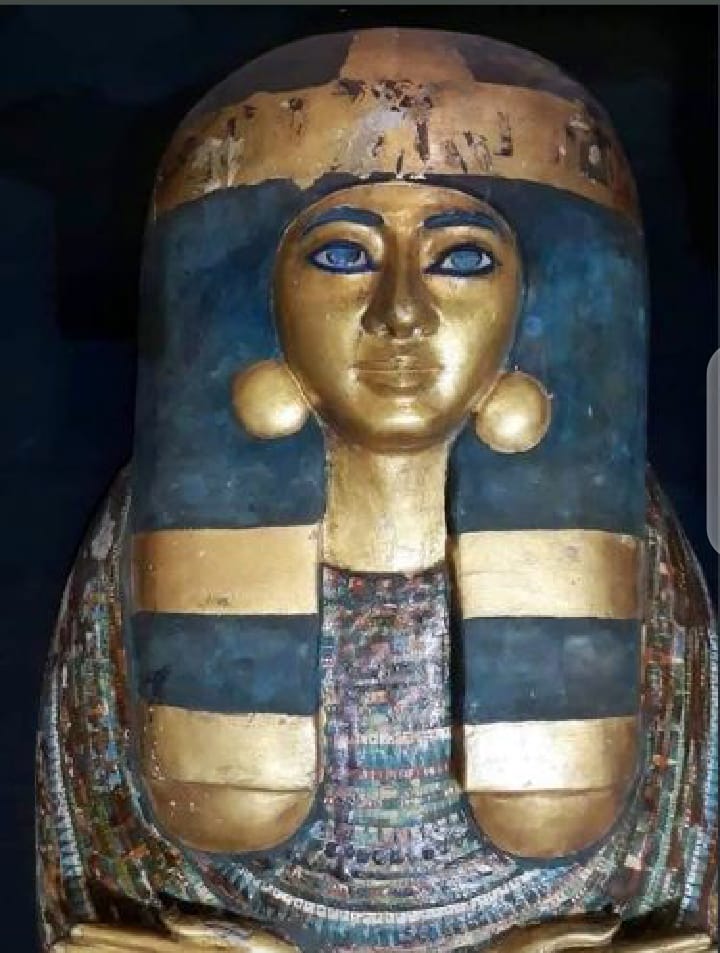Egypt – The Cradle of Civilization
The culture of Egypt boasts thousands of years of recorded history, making it one of the oldest and richest civilizations in the world. Known as the cradle of civilization, Ancient Egypt was a pioneering society that profoundly influenced the cultures of Europe, Africa, and Asia. From monumental architectural wonders to groundbreaking intellectual achievements, Egyptian culture continues to inspire and captivate the world.
Egypt’s Monumental Cultural Heritage
Egyptian culture is immortalized in its breathtaking monuments such as the pyramids, temples, and religious structures that stand as testaments to the ingenuity and spirituality of this ancient civilization. Beyond their impressive architecture, Egyptians made profound contributions to:
Mathematics Medicine Astronomy Religious beliefs Writing systems
The iconic hieroglyphs and sculptures reveal a deep understanding of aesthetics and symbolism, forming one of the earliest sophisticated writing systems, which laid the groundwork for modern alphabets.
Egypt’s Cultural Evolution Along the Nile
For over 3,000 years, Egyptian civilization thrived along the Nile River, earning the affectionate title “Mother of the World.” Egypt’s strategic location at the crossroads of the Eastern Mediterranean, North Africa, and West Asia helped shape a dynamic culture that blended various influences while preserving its unique identity.
Language: The Heartbeat of Egyptian Identity
Modern Official Language: Arabic
Since the 7th century, Arabic has been the official language of Egypt, used in government, education, and media. However, the Egyptian Arabic dialect, known locally as Masri, is the everyday spoken language of the people. Thanks to the influence of Egyptian cinema and media, Egyptian Arabic is the most widely understood dialect across the Arab world and one of the easiest dialects for learners to pick up.
Ancient Egyptian Language and Hieroglyphs
The ancient Egyptian language, part of the Afro-Asiatic language family, is famous for its hieroglyphic writing system found on monuments and papyrus. The later stage of this language, Coptic, which uses mainly the Greek alphabet, survives today as the liturgical language of the Coptic Orthodox Church.
Linguistic Diversity in Egypt
While Arabic dominates, Egypt is home to a variety of minority languages, including:
Nubian languages (Noubi, Kenuzi-Dongola) spoken in southern Egypt near Aswan and Kom Ombo.
The Siwi language in Siwa Oasis.
Smaller communities speak Greek and Armenian in Alexandria and Cairo.
The Lasting Influence of Egyptian Culture
Egyptian culture’s intellectual and material contributions have deeply influenced Western culture, religion, and art from ancient times to today. Whether it’s the art, religion, or language, Egypt’s rich heritage remains central to understanding human history and civilization.
Conclusion
The culture of Egypt is a magnificent
Conclusion
The culture of Egypt is a magnificent tapestry woven from millennia of achievements, innovations, and traditions. It remains a beacon of historical richness and cultural depth that continues to shape the world. Whether through the legacy of the Nile civilization, the language of hieroglyphs, or the living Egyptian Arabic dialect, Egypt’s culture invites exploration and admiration.

